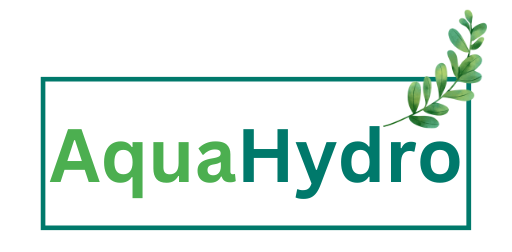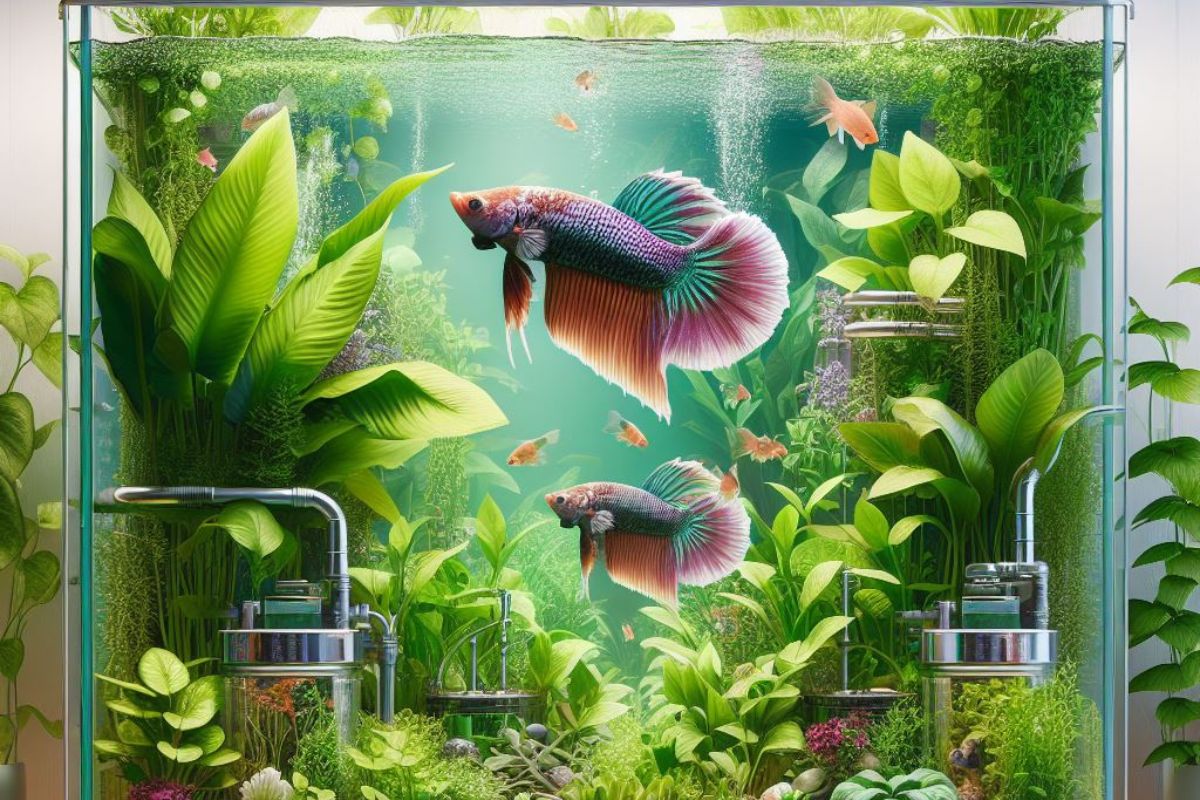Aquaponic betta fish tank has been gaining tremendous popularity among aquarium enthusiasts and eco-conscious individuals. This innovative approach combines aquaculture and hydroponics, creating a sustainable and thriving ecosystem for both betta fish and plants. In this article, we’ll delve into the fascinating world of aquaponic betta fish tanks, exploring their setup, maintenance, benefits, and the exciting possibilities they offer.
Introduction
Definition of Aquaponic Betta Fish Tank
An aquaponic betta fish tank is a self-sustaining ecosystem where fish waste provides essential nutrients for plants, and in turn, the plants purify the water for the betta fish. This symbiotic relationship results in a balanced and eco-friendly environment.
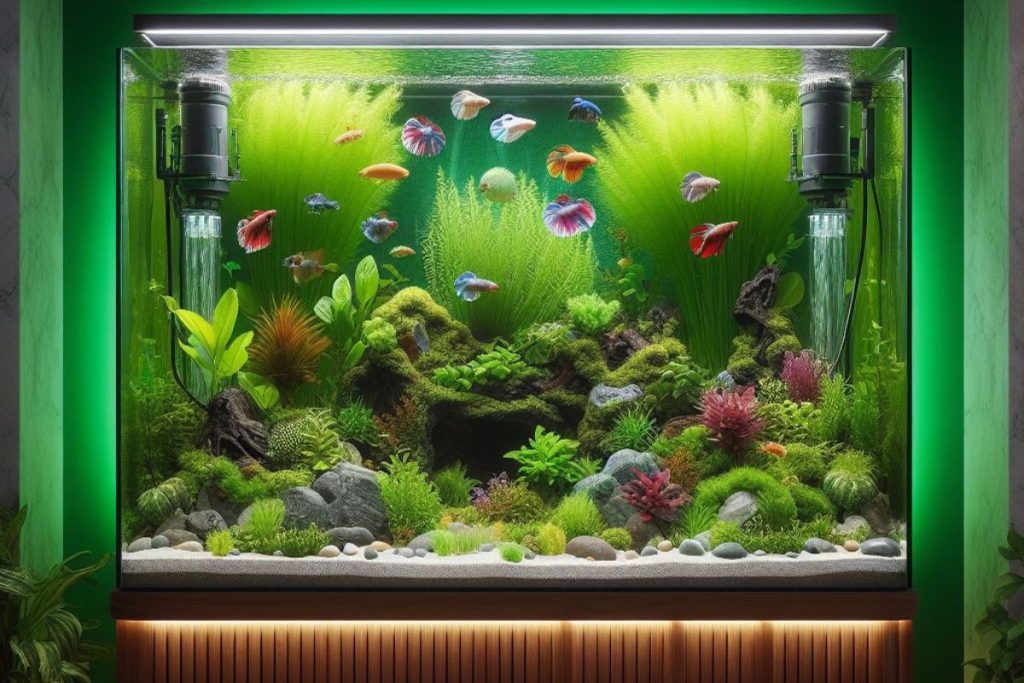
Growing Popularity
In recent years, aquaponic betta fish tanks have gained traction due to their environmental benefits and the captivating beauty they bring to homes. As more people seek sustainable living solutions, these tanks offer a unique and aesthetically pleasing way to enjoy the company of betta fish.
Benefits of Aquaponics
Aquaponic systems offer a range of benefits, including efficient use of resources, reduced water consumption, and the ability to grow organic produce. The integration of betta fish adds a layer of fascination, as these colorful and vibrant fish thrive in the interconnected ecosystem.
Setting Up Your Aquaponic Betta Fish Tank
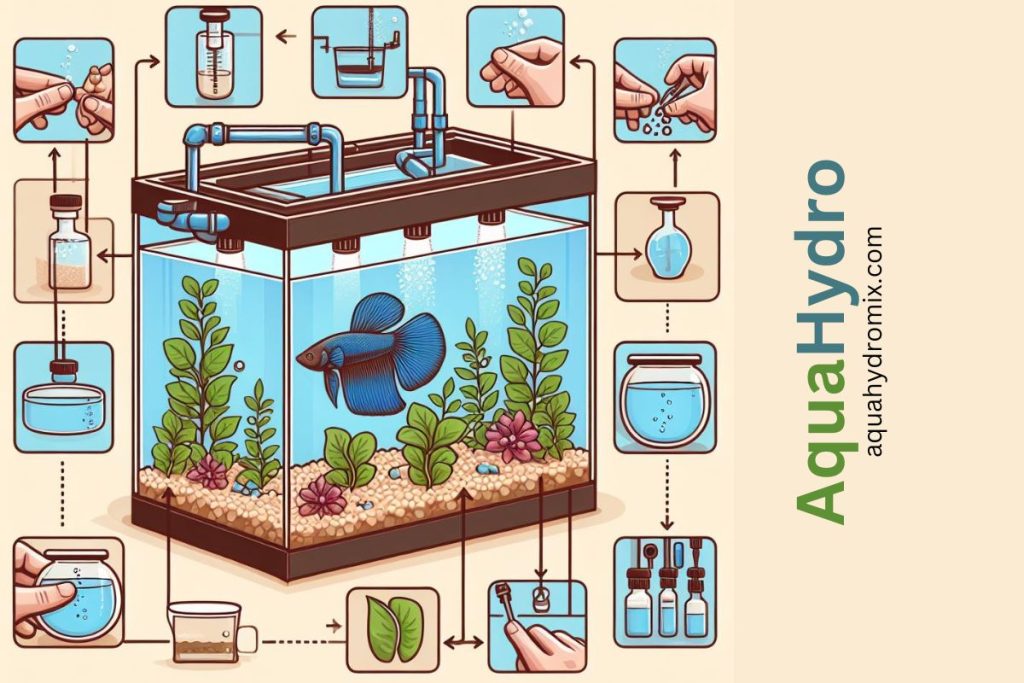
Choosing the Right Tank
Selecting an appropriate tank is crucial for the success of your aquaponic setup. Consider the size, material, and design to ensure a comfortable and visually appealing habitat for both the fish and plants.
Essential Components
To create a functional aquaponic betta fish tank, you’ll need key components such as a grow bed, fish tank, water pump, and a biofilter. These elements work together to maintain water quality and promote a healthy ecosystem.
Cycling the Tank
Before introducing betta fish, it’s essential to cycle the tank to establish the necessary bacteria that convert fish waste into nutrients for the plants. This process ensures a stable and supportive environment for your bettas.
Selecting Suitable Betta Fish
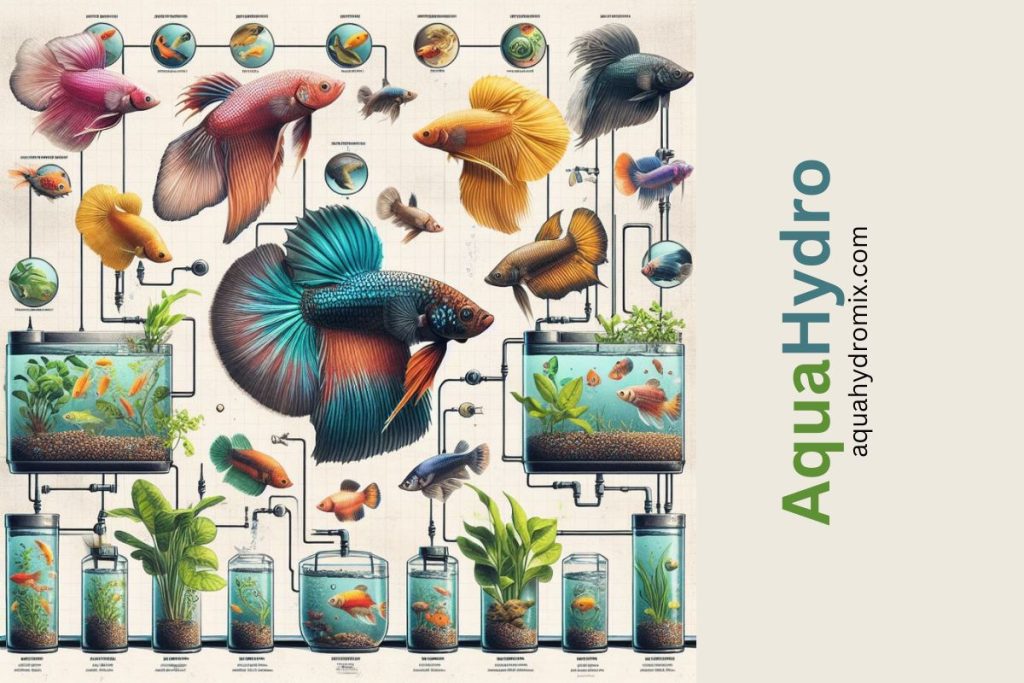
Betta Fish Varieties
Betta fish come in various colors and fin shapes, allowing enthusiasts to choose from a wide array of captivating varieties. Understanding the different types will help you select the perfect bettas for your aquaponic tank.
Compatibility with Aquaponics
Not all fish are suitable for aquaponic systems, but betta fish are particularly well-suited due to their ability to thrive in diverse environments. Ensure compatibility between your chosen bettas and the plants you intend to grow.
Tips for Healthy Betta Fish
Maintaining the health of your betta fish is paramount. Adequate nutrition, proper water conditions, and regular observation are key factors in ensuring the well-being of these beautiful aquatic companions.
Aquaponics System Maintenance
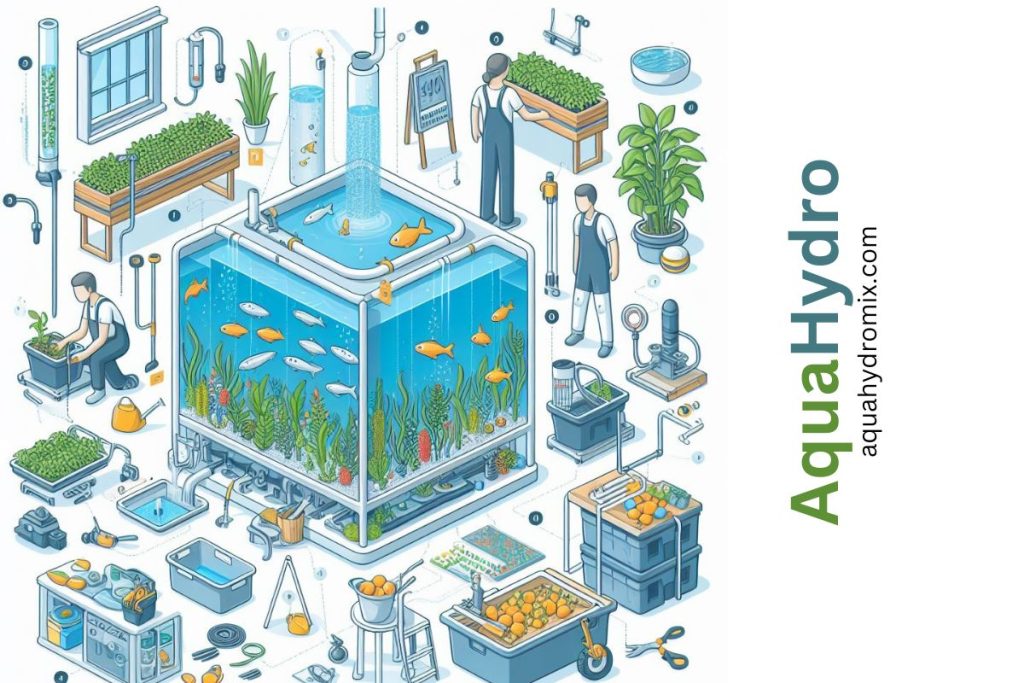
Water Quality Management
Regular monitoring of water quality is essential for the success of your aquaponic system. Keep an eye on parameters such as pH, ammonia, and nitrate levels to prevent imbalances that could harm your betta fish and plants.
Monitoring pH Levels
Betta fish thrive in slightly acidic water conditions. Learn to test and adjust the pH levels to create an environment that mimics their natural habitat and promotes their overall health.
Cleaning and Upkeep
Perform routine cleaning tasks to remove debris and maintain the cleanliness of the tank. Regular upkeep ensures a visually appealing and healthy environment for both your bettas and plants.
Plants for Aquaponic Betta Fish Tanks
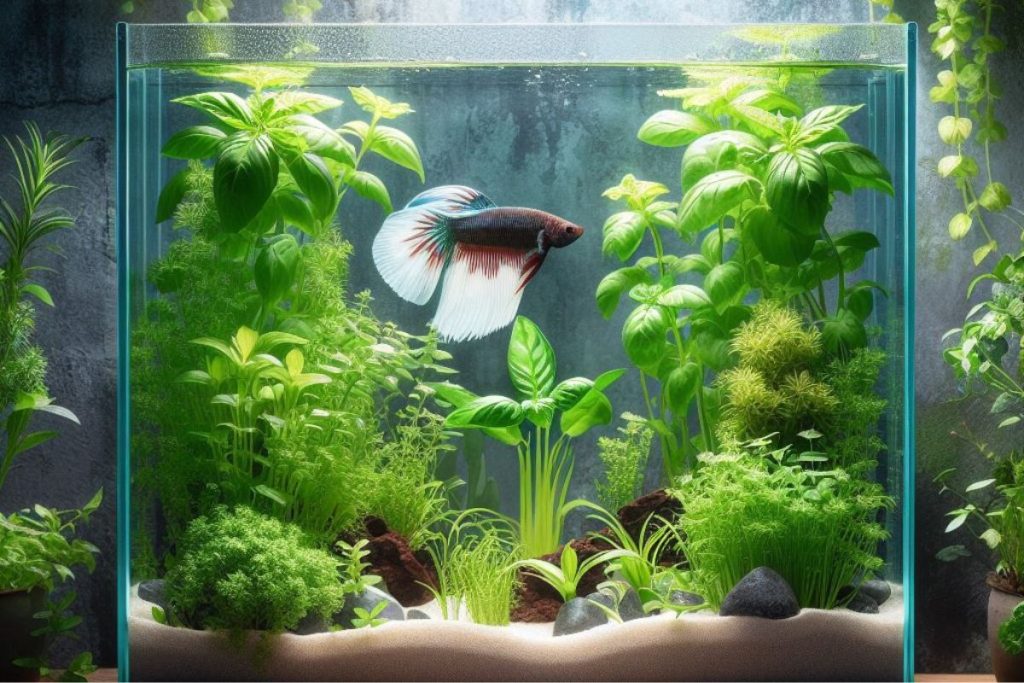
Ideal Aquaponic Plants
Choose plants that not only thrive in aquaponic systems but also complement the needs of betta fish. Herbs like basil, mint, and cilantro, along with leafy greens, work well in these setups.
Creating a Balanced Ecosystem
The right combination of plants and fish creates a harmonious ecosystem where each component benefits the other. Achieving this balance enhances the overall well-being of both your bettas and plants.
Mutual Benefits
As the plants absorb nutrients from the fish waste, they contribute to water purification, creating a symbiotic relationship that ensures a thriving and sustainable environment.
Maximizing Growth and Health
Optimal Feeding Practices
Betta fish have specific dietary requirements. Learn about their feeding habits and provide a balanced diet to support their growth and vibrant colors.
Understanding Betta Behavior
Observing betta behavior helps you understand their needs and preferences. Create an environment that caters to their instincts, promoting a happy and stress-free life.
Supplementing Nutrients for Plants
In addition to fish nutrition, consider supplementing nutrients for the plants when needed. This ensures that they receive the essential elements required for robust growth and productivity.
Troubleshooting Common Issues
Addressing Algae Problems
Algae can sometimes become an issue in aquaponic systems. Implement strategies such as controlling light exposure, adding algae-eating fish, or using natural remedies to maintain a clean and healthy environment.
Dealing with Fish Health Concerns
Regularly monitor your betta fish for signs of illness. Promptly address any health concerns by isolating affected fish, adjusting water parameters, and consulting with a vet specializing in aquatic species.
Preventing System Failures
To prevent system failures, conduct routine checks on equipment, such as the water pump and filtration system. Regular maintenance and proactive troubleshooting can help avoid disruptions in your aquaponic setup.
DIY Aquaponic Betta Fish Tank Projects
Budget-Friendly Options
Explore cost-effective ways to create your aquaponic betta fish tank. DIY projects using recycled materials or repurposed items can be both economical and environmentally friendly.
Creative Designs
Enhance the aesthetic appeal of your aquaponic setup with creative designs. Incorporate elements like decorative rocks, driftwood, or unique plant arrangements to make your tank a visually stunning centerpiece.
Personalizing Your Setup
Tailor your aquaponic betta fish tank to your preferences. Personalization not only adds a touch of uniqueness but also strengthens the connection between you, your bettas, and the thriving ecosystem you’ve created.
Environmental Impact of Aquaponics
Sustainability Benefits
Aquaponics promotes sustainability by minimizing water waste and utilizing natural processes to create a closed-loop system. This eco-friendly approach aligns with the growing global emphasis on sustainable living.
Reducing Carbon Footprint
The integration of aquaponics at home contributes to reducing your carbon footprint. By growing your food and maintaining a balanced ecosystem, you participate in a sustainable lifestyle that lessens the environmental impact.
Educational Opportunities
Aquaponic betta fish tanks offer educational opportunities for individuals and families. Learning about biology, ecology, and sustainable practices becomes an engaging and hands-on experience, especially for children.
Success Stories and Testimonials
Real-life Experiences
Explore real-life success stories of individuals who have embraced aquaponic betta fish tanks. Discover the challenges they overcame, the joy they experienced, and the lessons they learned along the way.
Learning from Aquaponics Enthusiasts
Connect with fellow aquaponics enthusiasts through online forums, social media groups, or local clubs. Engaging with a community allows you to share experiences, seek advice, and stay updated on the latest trends in aquaponics.
Community Engagement
Consider organizing community events or workshops to share your knowledge and passion for aquaponics. Inspire others to adopt sustainable practices and create a network of like-minded individuals dedicated to fostering healthy ecosystems.
Future Trends in Aquaponics
Technological Advancements
Stay informed about the latest technological advancements in aquaponics. Innovations in automation, monitoring systems, and integration with smart devices are shaping the future of home aquaponic setups.
Innovations in System Design
As the popularity of aquaponics grows, expect to see continuous innovations in system design. From compact setups for urban living to large-scale installations, designers are exploring creative ways to make aquaponics accessible to a broader audience.
Anticipated Developments
Keep an eye on anticipated developments in aquaponics, such as improved plant varieties, nutrient supplementation methods, and advancements in fish breeding. The future holds exciting possibilities for further enhancing the efficiency and sustainability of aquaponic systems.
Frequently Asked Questions (FAQs)
A. How often should I test water quality in my aquaponic betta fish tank?
Regularly test the water quality at least once a week to ensure optimal conditions for your betta fish and plants. Monitor the levels of parameters such as pH, ammonia, nitrite, and nitrate.
B. Can I use tap water for my aquaponics system?
Yes, you can use tap water, but it’s crucial to dechlorinate it first. Chlorine can harm the beneficial bacteria in the system. Use a water conditioner or let the tap water sit for 24 hours before adding it to your tank.
C. What types of plants are best suited for aquaponics?
Leafy greens like lettuce, herbs such as basil and mint, and fruiting plants like tomatoes are excellent choices for aquaponics. These plants thrive in the nutrient-rich environment created by the fish waste.
D. Are aquaponic betta fish tanks suitable for beginners?
Yes, aquaponic betta fish tanks can be suitable for beginners, especially those willing to learn and invest time in understanding the needs of both fish and plants. Start with a smaller setup and gradually expand as you gain experience.
E. How can I prevent overfeeding my betta fish?
Avoid overfeeding by offering small, portioned meals once or twice a day. Monitor your betta’s behavior and adjust the feeding routine accordingly. Overfeeding can lead to water quality issues and negatively impact the overall health of your bettas.
In conclusion, the world of aquaponic betta fish tanks offers a captivating blend of natural beauty, sustainability, and the joy of cultivating your ecosystem. By following proper setup and maintenance practices, enthusiasts can create a thriving environment that benefits both betta fish and plants. Embrace the educational opportunities, connect with a community of like-minded individuals, and stay tuned for the exciting developments shaping the future of aquaponics. Now, embark on your aquaponic journey and witness the harmonious coexistence of aquatic life and flourishing greenery in your own home.
